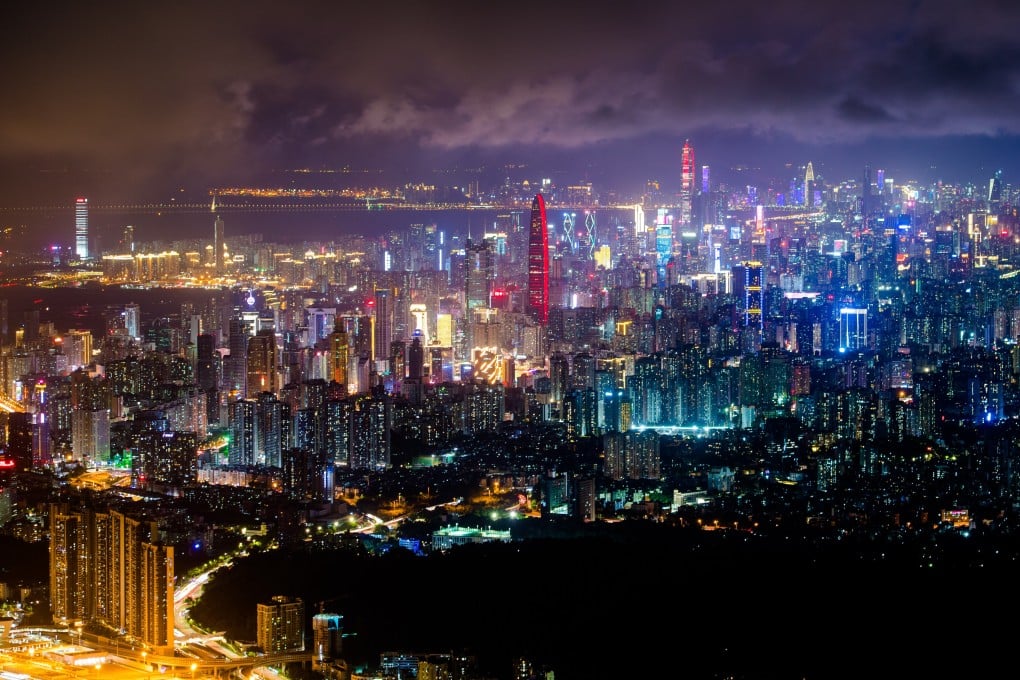Opinion | Hong Kong can meet Shenzhen’s challenge by embracing the big data revolution
- Hong Kong is struggling to keep up with its neighbour and other cities that are competing for tech talent and firms with subsidies and other favourable policies
- As we push out into a different Greater Bay Area, we must learn to embrace change and rewire our mindset for a world driven by AI and big data

This has created a wealth of new data about the world, providing a treasure trove of citizens’ daily habits, including shopping and travelling predilections. In terms of data quantity, China vastly outpaces what Western companies such as Facebook and Google can amass from sporadic online searches, a few “likes” or browsing history.
Efforts to expand data collection are in line with China’s desire to establish a nationwide medical database, which could help inform decisions should another health care crisis arise. Despite the damage it has inflicted upon this world, the Covid-19 pandemic is one of the main drivers behind the government‘s commitment to expand its search net.
When combing through extensive data using AI deep-learning algorithms, companies and governments can customise solutions to address urgent needs, ranging from city planning to efficient deployment of health care.

